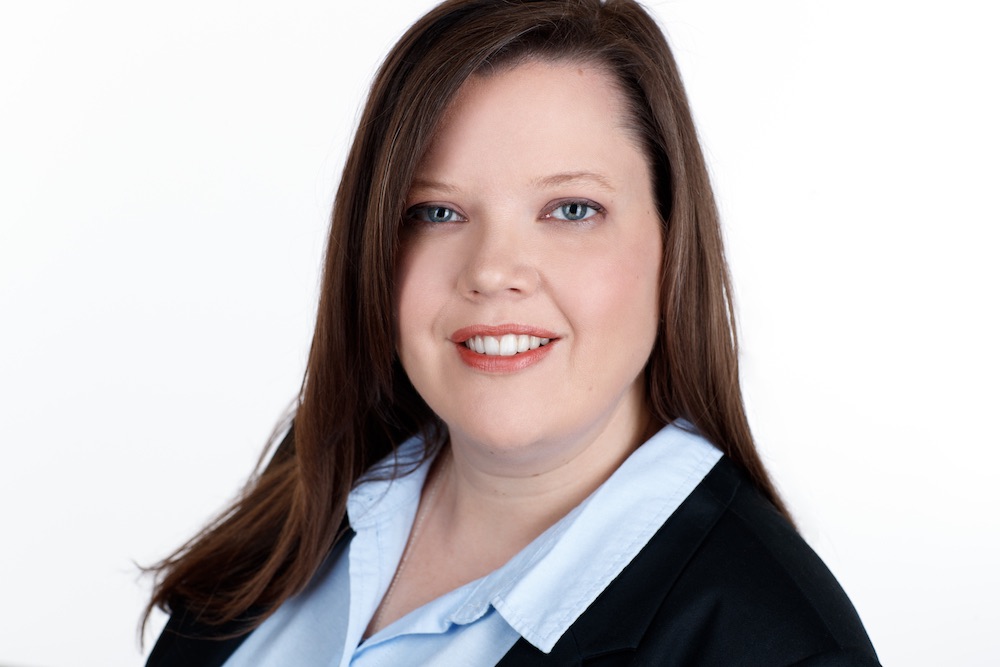TAASA Unveils First-Ever Survivor Advisory Board
Panel offers chance to shape Texas policies on sexual violence
By Sarah Marloff, 7:00AM, Tue. Dec. 8, 2020
With the formation of the state’s first Survivor Advisory Board, the Texas Association Against Sexual Assault is giving rape survivors a way to shape local and state policy that directly impacts survivors of sexual violence.
“The personal is political,” TAASA’s Amanda Lewis said, “I think [the board] is going to help us be more well-rounded and [create] a really survivor-centered way of doing things.” In the past, Lewis said, Texas officials have worked with a range of front-line responders to sexual assault – from police to prosecutors to Sexual Assault Nurse – but there’s never been a “sustained survivor focus.”
With the new board, TAASA seeks to elevate sexual assault survivors as subject-matter experts in the systems designed to support them. The mission of the board is to “elevate survivor voices in leading systemic change throughout Texas in all spaces where policies are made and services are provided, from community to legislation, in pursuit of a society where survivors heal and thrive.”
Earlier this year, TAASA invited three survivor advocates to lead the effort to form the new advisory panel. Longtime Austin-based community advocate Emily LeBlanc heads this steering committee, along with Marina Conner, a plaintiff in the federal survivors’ lawsuit against Austin and Travis County law enforcement, and Lavinia Masters, the namesake of 2019’s House Bill 8 by Rep. Victoria Neave, D-Mesquite (the Lavinia Masters Act), which seeks to reduce rape kit backlogs across the state.
The steering committee has filled 18 of the board’s 22 seats with a focus on diversity. LeBlanc said it was crucial to include survivors of color, LGBTQ folks, and all genders (though they’re still seeking applications from male survivors.) They also sought out rural, urban, and suburban residents, with the goal of having comparable representation from each of six geographic regions throughout the state.
One goal of the board is to ensure that state and local agencies focus on strategies that work, instead of defaulting to past practices. Although it’s still taking shape, the advisory board is already working with the state-appointed Sexual Assault Survivors Task Force, created in 2019 by legislation (HB 1590) authored by Rep. Donna Howard. D-Austin. (Masters also serves on the Task Force.) Housed in the Office of the Governor, the task force is working to establish a statewide, survivor-centered, trauma-informed, collaborative, and coordinated response to sexual violence; its first report, issued in Octoberm, includes 150 recommendations.
The advisory panel will also assist TAASA as it crafts and advocates for policies in the upcoming 87th Texas Legislature, which LeBlanc says are not limited to changes to the criminal justice system. It’s estimated that only 9% of survivors in Texas report their assaults to law enforcement; LeBlanc herself did not, despite spending years of her life working to reform the system. “If we only focus on fixing that system, we've missed 91% of the people we're supposed to be helping,” she said.
The different experiences of the members of the advisory board illustrate how no two rape survivors’ stories are alike – some reported, others didn’t; some knew their assailants, others didn’t. LeBlanc anticipates that “by providing diverse voices [and] experiences, we can start to open the systems, to be more accessible to the other 91%. Or, that we can find and engage the systems that were helpful to those survivors” who didn’t report.” Those could include friends and family, or church and community networks, who may benefit from more state support.
LeBlanc and Lewis express great hope for what the new board could achieve to help survivors and, in the long run, create cultural shifts to help eradicate sexual violence. “My hope is that this leads to a Texas where everyone realizes, when I'm sitting in a room with 40 women, probably 20 of them are sexual assault survivors,” LeBlanc said. “And that humanizes it, and makes it less about ‘It'll never happen to me.’ and more about ‘We have a systemic community problem.’”
Masters, whose rape kit sat untested for more than twenty years afer she was assaulted when she was 13, echoed that enthusiasm. “I’m really excited that Texas is taking on this project, tackling this taboo of talking about sexual violence, and daring the world to hear us.”
Got something to say on the subject? Send a letter to the editor.
A note to readers: Bold and uncensored, The Austin Chronicle has been Austin’s independent news source for over 40 years, expressing the community’s political and environmental concerns and supporting its active cultural scene. Now more than ever, we need your support to continue supplying Austin with independent, free press. If real news is important to you, please consider making a donation of $5, $10 or whatever you can afford, to help keep our journalism on stands.
March 8, 2024
Survivor Advisory Board, Texas Association Against Sexual Assault, Amanda Lewis, Emily LeBlanc, Marina Conner, Lavinia Masters, survivors' lawsuit, Sexual Assault Survivors Task Force, Donna Howard









